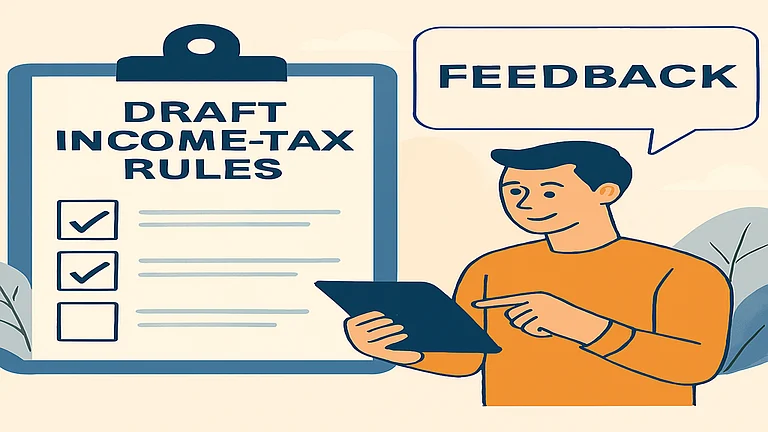In a move that could benefit a lot of taxpayers, Union Finance Minister Nirmala Sitharaman on Tuesday announced a new provision to file updated Income Tax return (ITR) within two years of the relevant assessment year (AY). This gives an opportunity to taxpayers to correct any error or discrepancy in their ITRs within two years of filing.
“If the time for revising ITR has passed or it has already been assessed, a taxpayer could no longer amend and pay additional taxes. (Earlier, the time period was end of AY). If the taxpayer wants to pay additional taxes and amend an already-filed return, it can be done now, within 2 years from the end of the relevant assessment year. The intention is to allow taxpayers an opportunity to pay any unpaid taxes without severe consequences, in case they have made a mistake at the time of filing and the return is already processed," says Archit Gupta, Founder and CEO, Cleartax, a tax portal.
Sitharaman also said that the IT department has created a robust framework of reporting of taxpayer’s transactions and some taxpayers. “Instead, with this proposal now, there will be a trust reposed in the taxpayers that will enable the assessee herself to declare the income that she may have missed out earlier while filing her return," she added.
What’s The Difference?
At present, a person gets time until December 31 (unless extended by the government) of the relevant AY to file a revised ITR. This helps present the right details of all the income earned by him/her from different sources during the financial year. The new proposal would give taxpayers two years from the end of the AY to file their updated ITR if they miss the deadline. Filing of updated return would involve payment of tax on the additional income disclosed, though there is no penal tax (tax in addition to that payable on the additional income disclosed) payable in case of a revised return.
“The new Section 139(8) has been inserted in the income tax Act. Updated returns can be filed within 24 months (2 years) from the end of the relevant AY. This is a step towards voluntary tax compliance. It will enable the taxpayers to declare the income that they have missed out earlier while filing tax return,” says Suneel Dasari, founder and CEO, EZTax.in.
What To Keep In Mind
There are, however, a few conditions under which a revised ITR can’t be filed. If the updated return shows loss; or decreased tax liability compared to the earlier ITR; or refund/increase in refund. “Updated returns also cannot be filed if a search under Section 132/132A has been initiated or survey has been conducted under Section 133A,” adds Dasari. These Sections are related to search and seizure exercise if property or valuable items are considered not disclosed for tax purposes.














